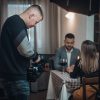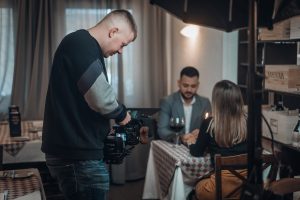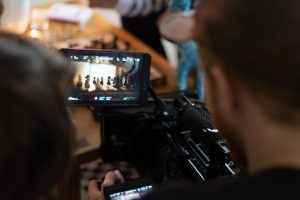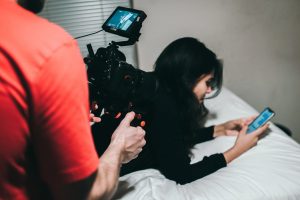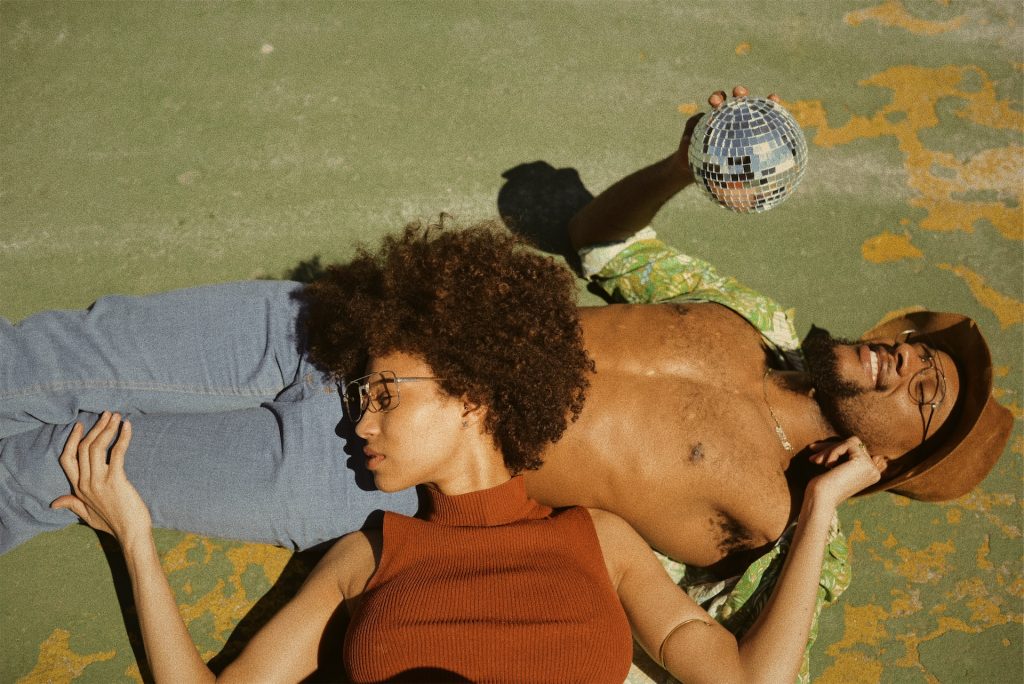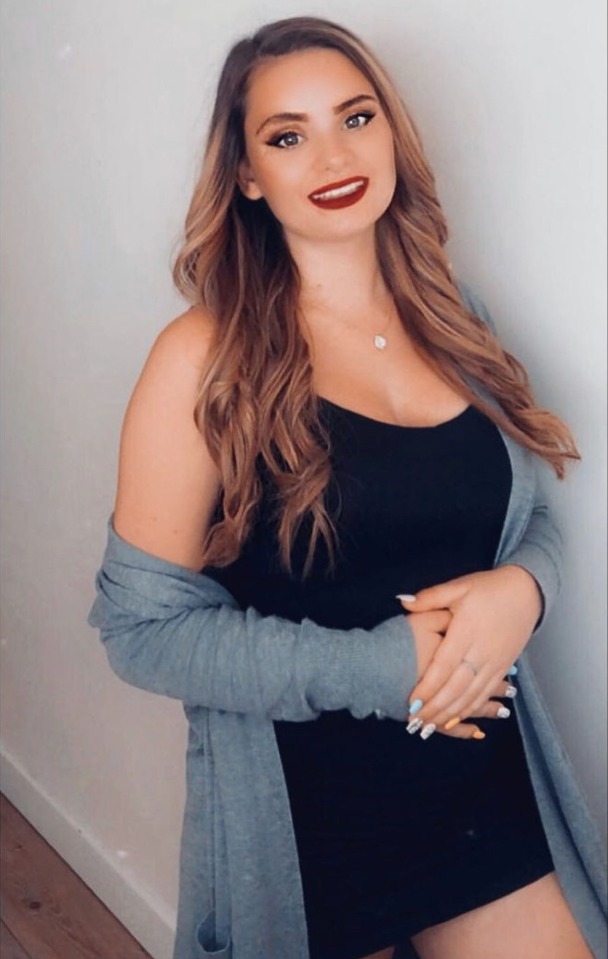
WHEN Tk Kennedy was just 17 years old she was diagnosed with a rare condition which means she will never be able to carry her own children.
The now 20-year-old will have to start ‘painful’ and ‘uncomfortable’ treatment just so she can have sex.
Kennedy NewsTk Kennedy had always dreamed of being a mum but her dreams were ruined after being diagnosed with a rare condition which means she is missing part of her vagina[/caption] 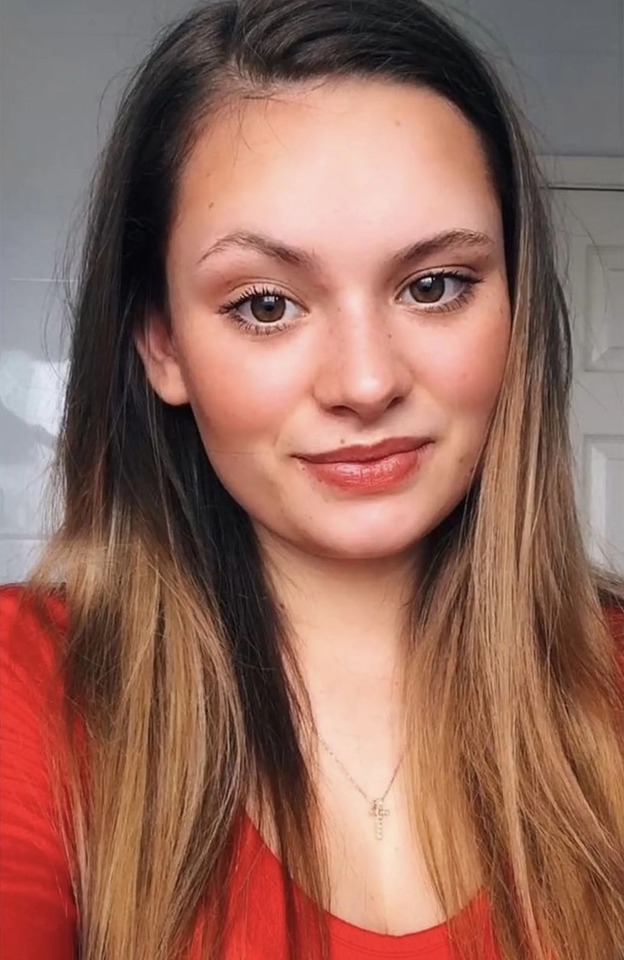 Kennedy NewsNow 20-years-old, the nursery worker is trying to help other people who have been diagnosed with the condition which means she is missing her womb[/caption]
Kennedy NewsNow 20-years-old, the nursery worker is trying to help other people who have been diagnosed with the condition which means she is missing her womb[/caption]
Tk has Mayer-Rokitansky-Küster-Hauser (MRKH) syndrome – meaning she is missing her womb, cervix and part of her vagina and will never have a period or be able to carry her own children.
The nursery worker is about to start treatment to dilate her vaginal canal for 20 minutes twice a day, for a minimum of three months.
She had always dreamed of becoming a mum and now is passionate about raising awareness of MRKH. She said her diagnosis is something she’s ‘learned to embrace’ and see as a ‘strength’ given she can support and help other women.
Tk, who lives in Dorset, explained that she has a very short vagina canal.
She said: “My vaginal canal is not properly developed so it’s very very little so I’m unable to have comfortable sex without treatment or surgery.
“With treatment you use dilators and start with a very very tiny one no bigger than the size of your pinky and stretch to make your vagina canal bigger so that when it comes to sex it’s comfortable and you’re stretched big enough to be able to have sex without it being painful.
Most read in Health
GREEN LIGHT
Kids aged 5-11 WILL get Covid vaccines from April as jabs deemed safe
CASE LOAD
Daily UK Covid cases fall 27% in a month as one in 20 now have the bug
SKIN HORROR
My skin oozed so much I woke up stuck to my pillowcase – now my BONES itch
DON’T MAKE MY MISTAKE
The 7 symptoms I completely ignored that turned out to be cancer
SHOCK DIAGNOSIS
I thought I had freshers flu but it turned out to be a 'death sentence'
MY HELL
Doctors dismissed my agonising periods until I went to A&E coughing up blood
“You have to do treatment for 20 minutes twice a day which is a lot and for me I work 10 hour days four days a week, so trying to fit it either side of that can be quite challenging. I’m still yet to work that out beforehand.”
She added that the treatment varies depending on the length of a person’s vaginal canal.
“You can dilate through sex but it’s likely to be very painful because there’s basically no room to be able to have sex.
“It depends on the person because they might have a long enough vagina canal so they can have sex and it might only be uncomfortable for the first few times.
“All my girlfriends are obviously not doing it so it’s just another thing that highlights how different I am and a reminder of this condition because it can be quite upsetting and it’s not a nice thing to go through and going to be painful and uncomfortable, but yet it’s something that I want to do so that I can have sex.”
She had her first doctor’s appointment in April 2019 and had and MRI scan before being transferred to a hospital that specialised in MRKH.
The pain varies. Sometimes it might just be one uncomfortable pain and other times I’m curled up in a ball on the floor
Tk Kennedy
She was diagnosed in October 2019 after doctors first told her she was a ‘late bloomer’.
But she persevered and demanded help from medics after she still hadn’t started her period at age 17.
Tk said: “They said that they thought I might have polycystic ovary syndrome and sent me for an ultrasound and after an hour he was like ‘oh, maybe you just don’t have a womb’.
READ MORE REAL LIFE STORIES
TWINCREDIBLE
We’re sisters and our sons are brothers, cousins AND twins – no one gets it
WEIGHT A MINUTE
I fat-shamed my lazy overweight husband…I don't regret it
WEELY GOOD
I started potty training my son as three weeks old, I saved so much money
HOUSE ABOUT THAT
I’m an interior designer and here's what I’d never buy for my house
NAME SHAME
I love my baby’s unique name but people say they feel sorry for him
LOW BROW
I wanted perfect brows so got them laminated, then suffered a BRUTAL reaction
“And I was like ‘wait, hold up, what? You can be born without a womb?’
“The first thing I did was research it so I’d come across MRKH and understood what it was. It was kind of overwhelming because there was so much to process and it was like ‘well actually this fits and makes sense and I think I have it’ but it was also ‘I don’t want to think I have it because I don’t want to have it’.”
Tk soon attended an appointment with her mum, where she was finally diagnosed with MRKH.
She said: “The appointment before was ‘maybe you have it’, I grieved then. So it was more just the shock of ‘wow, I do actually have it’ and my life has been changed, now I have to live with this condition and all the plans for the future about pregnancy are no more. It was a big shock.”
What is Mayer-Rokitansky-Küster-Hauser (MRKH)?
Mayer Rokitansky Küster Hauser (MRKH) syndrome is a congenital (born with) abnormality, characterised by the absence or underdevelopment of the vagina, cervix and the womb, which affects one in every 5,000 women.
People with the condition usually discover that they have it during puberty, as although they develop breasts and pubic hair, they do not start having periods.
This is because the ovaries produce the female hormones that make normal development occur, but the absence of the vagina and uterus mean that there is no bleed.
For the majority of women with MRKH, surgeons are able to create a vagina by stretching the small amount of vaginal tissue already present.
This is usually done by using specially designed smooth cylinder-shaped objects called vaginal dilators.
Following this, women with MRKH will be able to have sex.
Although women with this condition are usually unable to carry a pregnancy, they may be able to have children through assisted reproduction.
Individuals with MRKH syndrome may also have abnormalities in other parts of the body.
The kidneys may be abnormally formed or positioned, or one kidney may fail to develop (unilateral renal agenesis).
Affected individuals commonly develop skeletal abnormalities, particularly of the spinal bones (vertebrae).
Females with MRKH syndrome may also have hearing loss or heart defects.
For more information, visit the MRKH support group.
Tk does have ovaries so would be able to have her own biological children through a surrogate if she wanted.
She added: “I told my best friend pretty soon after I got diagnosed and she just hugged me and we cried because we talked about being pregnant at the same time and she understood the heartbreak it was for me.
“Anyone with MRKH can probably agree and relate that one of the top comments is ‘oh, you’re so lucky you don’t have periods’.
“And then it’s like ‘yeah but actually I’d take periods any day to be able to have a child’.
“You smile and laugh but behind closed doors it a kick in the teeth because actually I’m not lucky because I’m missing out on something far better than not having periods.
“I get pain with mine, a bit like a period pain but there isn’t a pattern with it at the moment. The pain varies. Sometimes it might just be one uncomfortable pain and other times I’m curled up in a ball on the floor.”
‘SHOUT IT FROM THE ROOF TOPS’
Tk now runs MRKH Stars, which aims to support young and newly diagnosed women with the condition. She says she’s gained ‘another family’ from her involvement.
She added: “I have this condition but I’m not going to let it consume me and I’m going to use it to my advantage to support others and spread awareness.
“It’s nice to know that I can help others with it and raise awareness because I don’t want them to go through what I went through, to have it in a way dropped on my lap, I want to give them the head up that it’s a condition and it’s not rare, it’s just not talked about enough.
“When I met my best friend with MRKH she helped me realise that I didn’t need to suffer in silence, I have someone to grieve with and understands where I’m coming from.
“I can now help others with it by supporting them and spreading awareness, and one day I could have a child of my own through adoption and give them a loving family.
“Now I don’t see it as a weakness, I see it as a strength.”
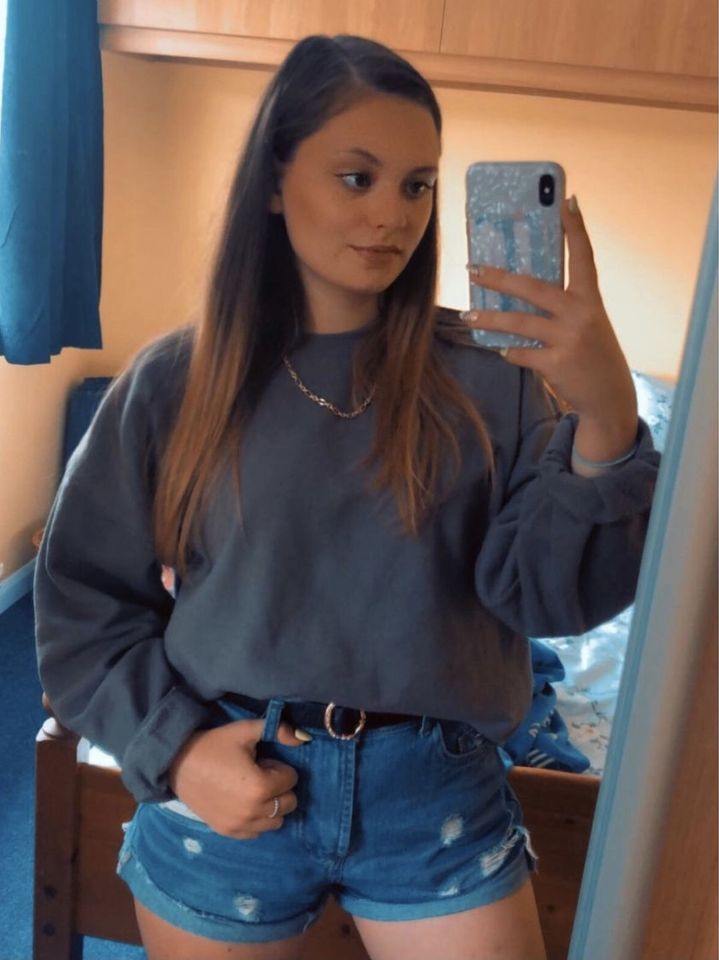 Kennedy NewsShe said that she doesn’t shy away from her condition or hide from it, and instead prefers to shout it from the social media rooftops[/caption]
Kennedy NewsShe said that she doesn’t shy away from her condition or hide from it, and instead prefers to shout it from the social media rooftops[/caption]
We pay for your stories!
Do you have a story for The Sun news desk?
Email us at [email protected] or call 0207 782 4104. You can WhatsApp us on 07423 720 250. We pay for videos too. Click here to upload yours
Click here to get The Sun newspaper delivered for FREE for the next six weeks.

